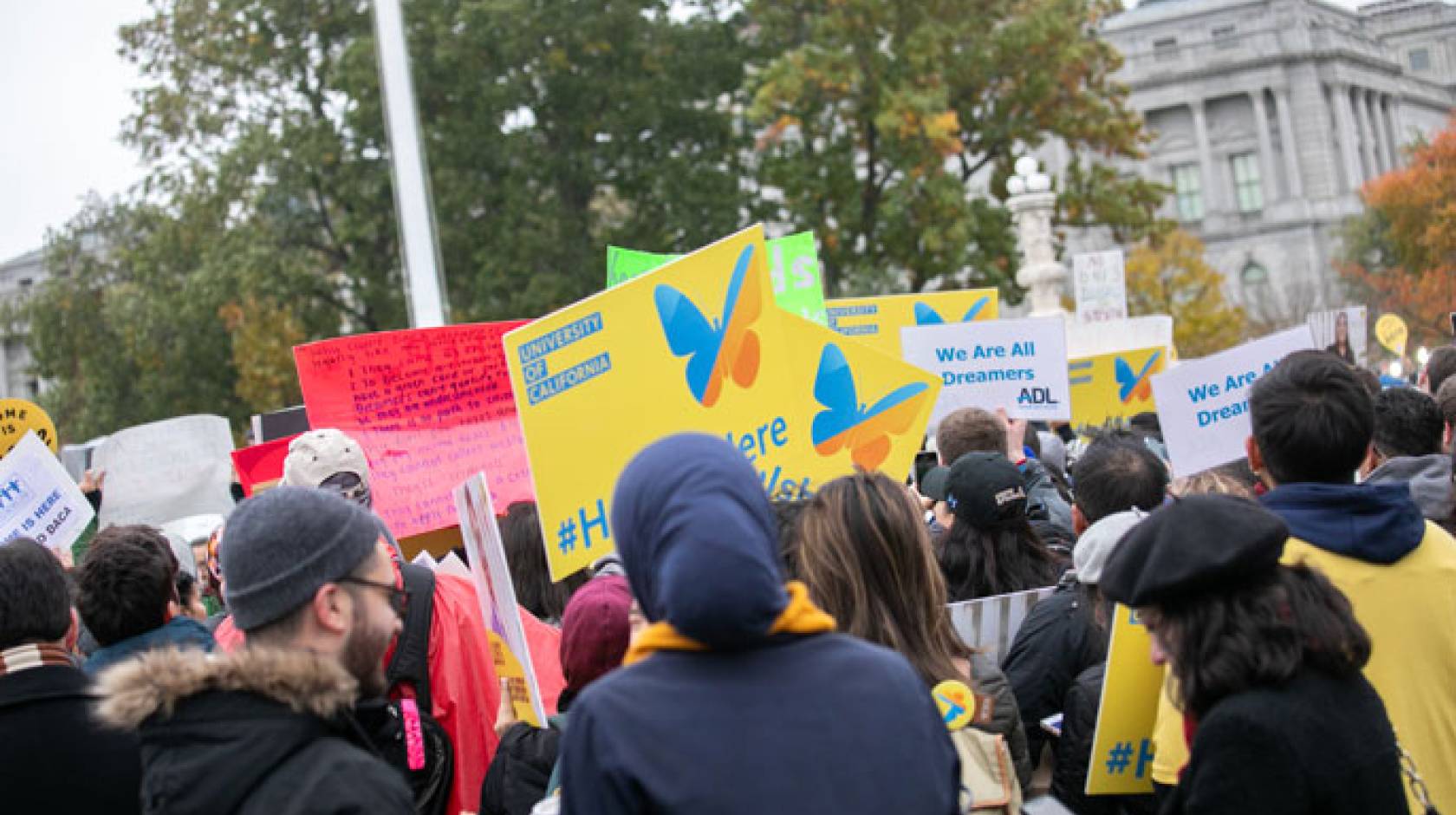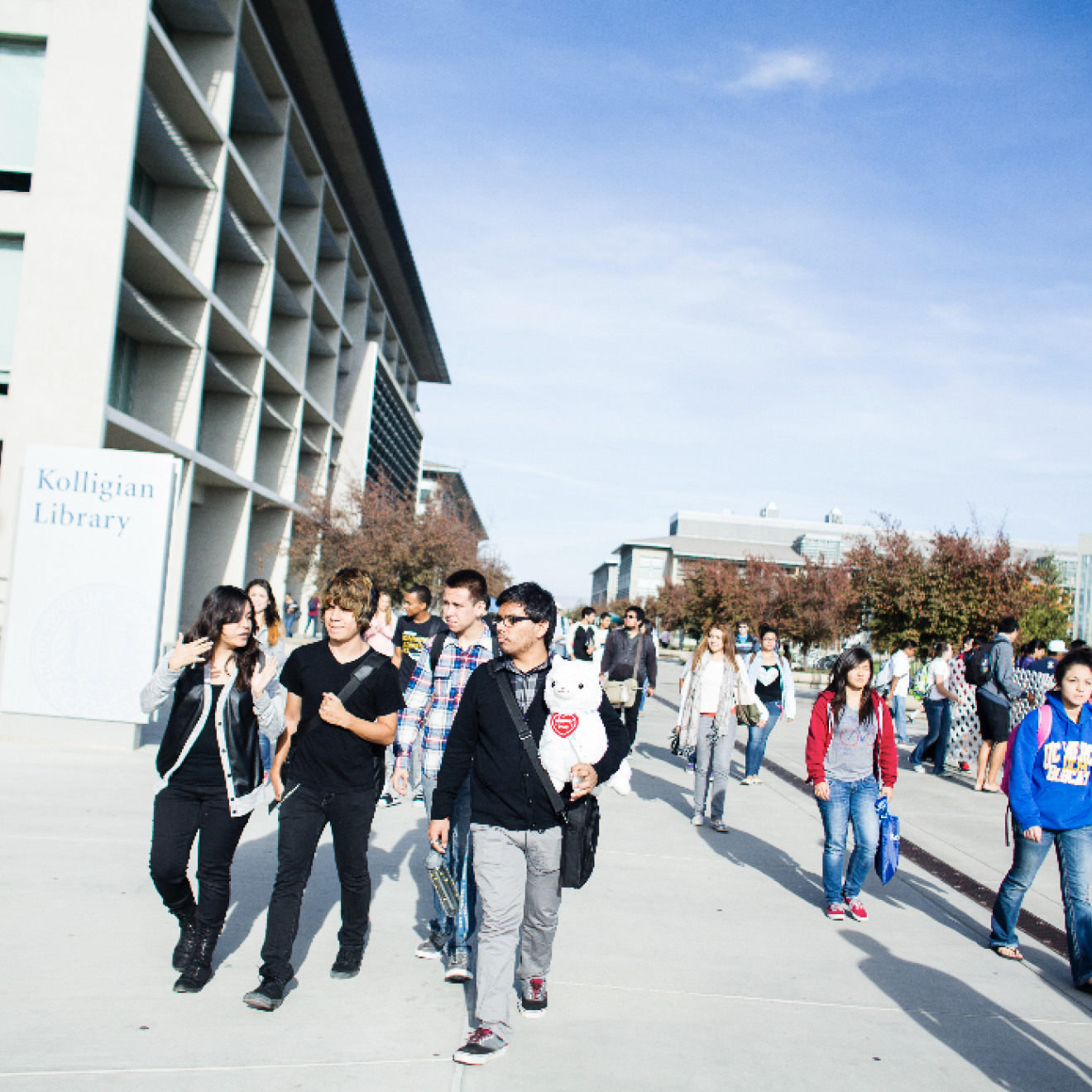Regina Day Langhout, Santa Cruz Sentinel

Among members of the DACA community, anxiety goes off the charts every Monday. That’s because the U.S. Supreme Court is in the process of making a decision about DACA, or Deferred Action for Childhood Arrivals, and the court releases its decisions on Mondays.
If DACA is reversed, it will affect approximately 700,000 DACA recipients and their families, including thousands in California. The Golden State is home to the largest percentage of DACA recipients, with nearly one in three living here. If the court rejects DACA, recipients will lose their protections from deportation, their health care, their ability to support themselves, and their sense of belonging.
The ripple effects will be powerful: More than 250,000 children who are U.S. citizens will lose a parent. Communities will be torn apart, and workplaces will be further disrupted, including the health care sector, where many immigrants work as doctors, nurses, aides in facilities for the elderly, and other capacities.
All of this is heartbreaking and tragic. Coupled with the anxiety people are experiencing because of the COVID-19 pandemic, it’s time for the Trump administration to withdraw the case to end DACA. Fully 85% of Californians support DACA; we don’t want our neighbors deported in our name, and our voices must be heard.
One thing this pandemic has reminded us of is how connected we really are. If DACA is overturned, the potential losses extend beyond DACA recipients and would touch us all. About 27,000 health care professionals have DACA protections. Moreover, another 200 DACA recipients are in medical school or are in their residency period. At a time when states, including California, are trying to bring in more health care workers, it makes no sense to deport those who have chosen to give back in this way.
DACA recipients play other vital roles in our community: They are grocery store workers, teachers, childcare providers, cleaners, business owners, restaurant workers, and first responders.
We can’t take another blow to our community at this moment, when we are separated and sheltering in place. But even if we thought we could withstand the psychological toll, we might not be able to deal with the economic fallout. DACA recipients pay $5.7 billion in federal tax and $3.1 billion in state and local tax revenue every year.
If President Trump won’t withdraw this case, we must call on the Supreme Court to postpone any ruling. To make a decision in the middle of a global pandemic would create an even larger public health crisis.
The appropriate and humanitarian thing to do today would be to automatically renew all DACA permits, charging no fees for those who are in the process of renewing theirs; the $495 fee is a particular hardship during this pandemic. Automatic renewal of DACA is essential because the U.S. Citizenship and Immigration Services Office, which processes DACA renewals, has limited its services due to the pandemic. This has left many DACA recipients in limbo, even those who filed for renewal in the fall.
Ultimately, we need Congress to provide a path to citizenship for all unauthorized immigrants in the U.S., so we can end this uncertainty and relieve the high levels of anxiety that surge every Monday.
Regina Day Langhout is a professor of psychology at UC Santa Cruz. This has been reprinted from the Santa Cruz Sentinel with the author's permission.

